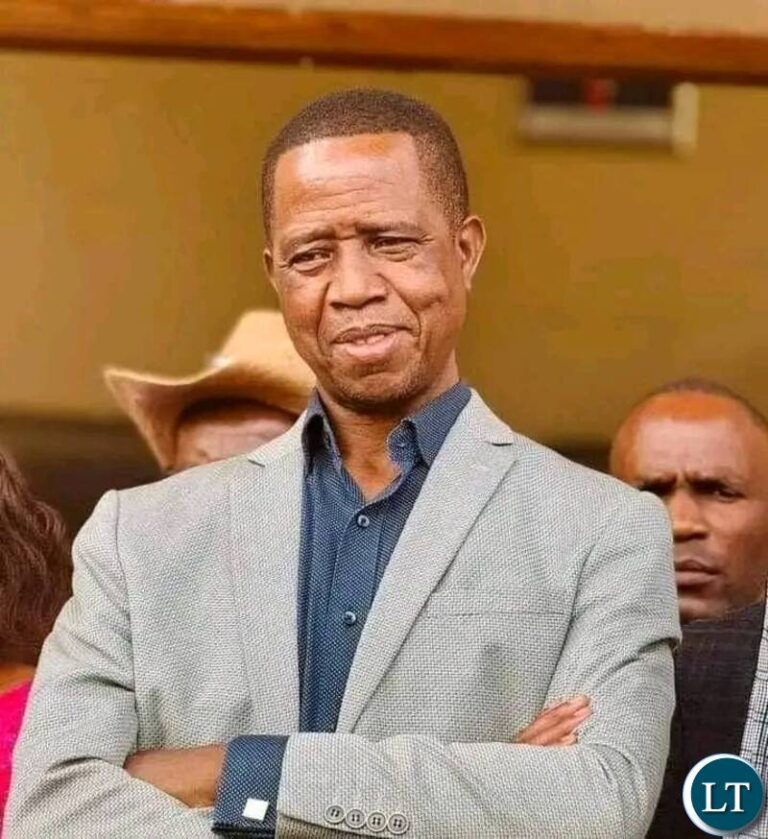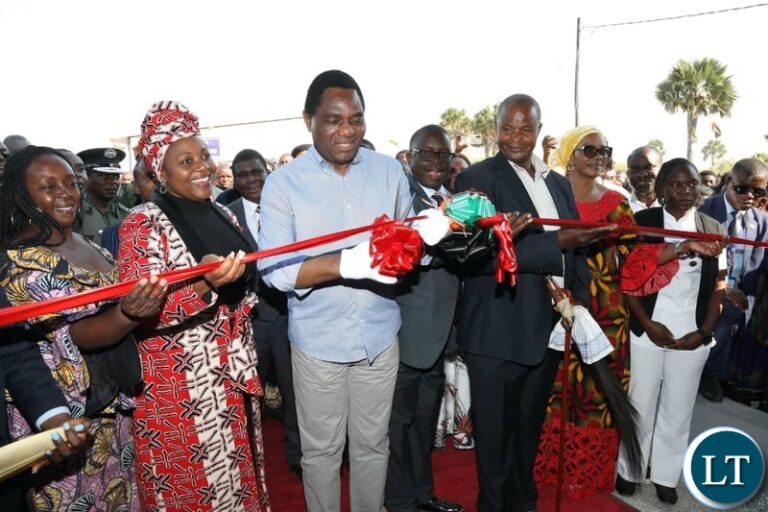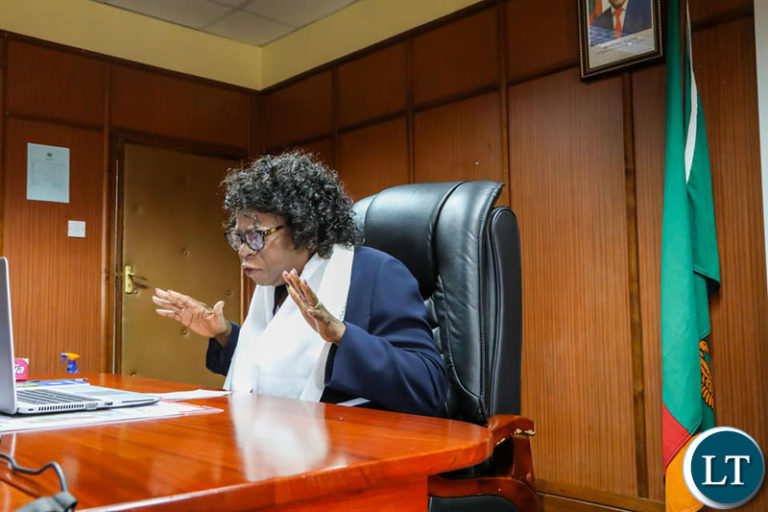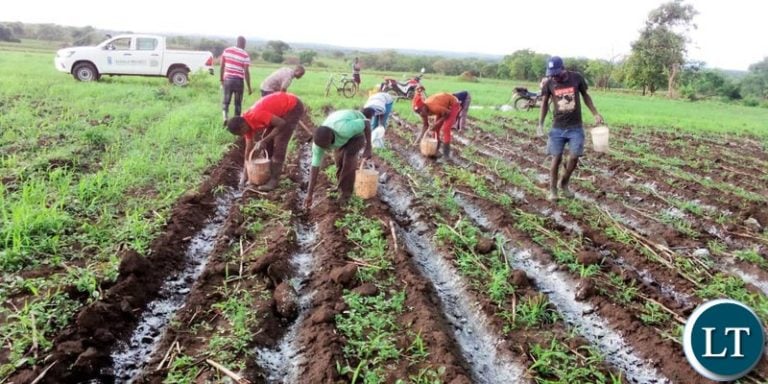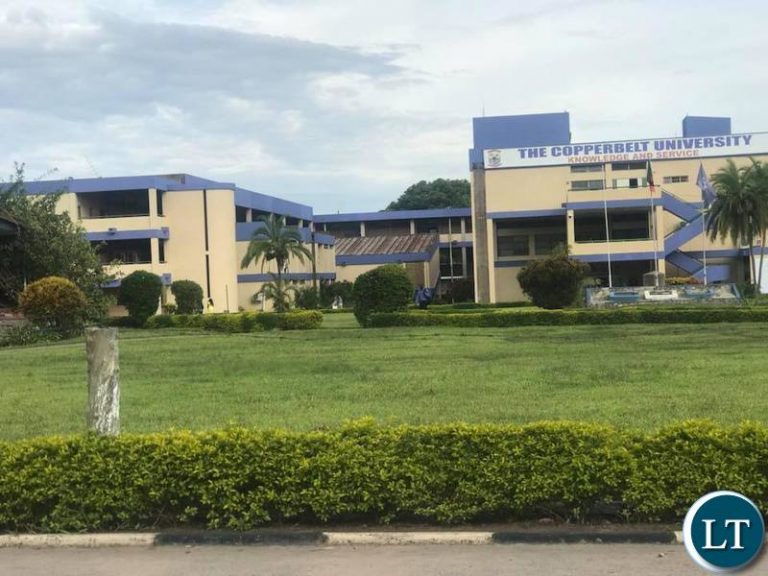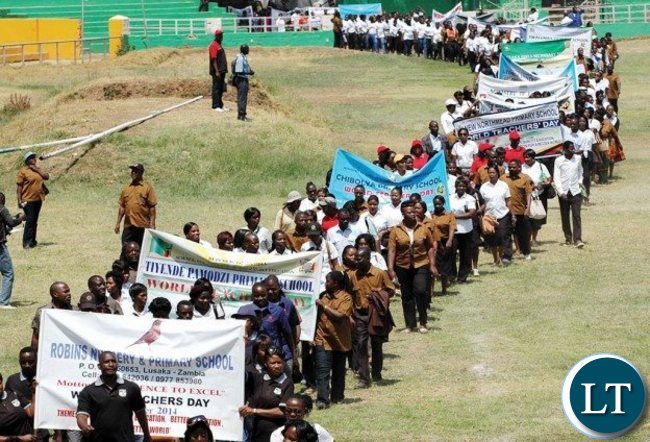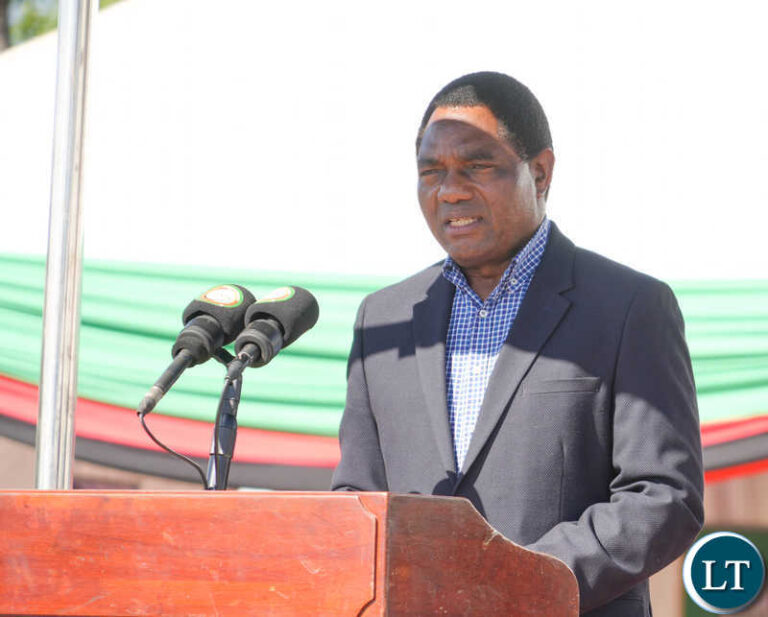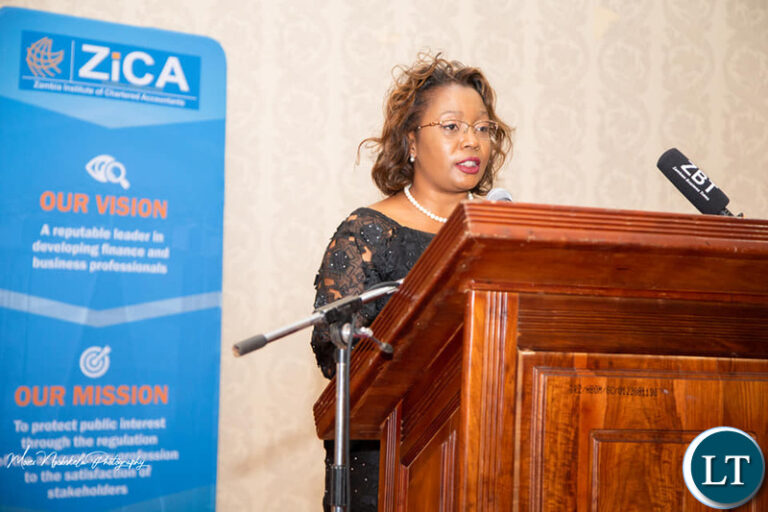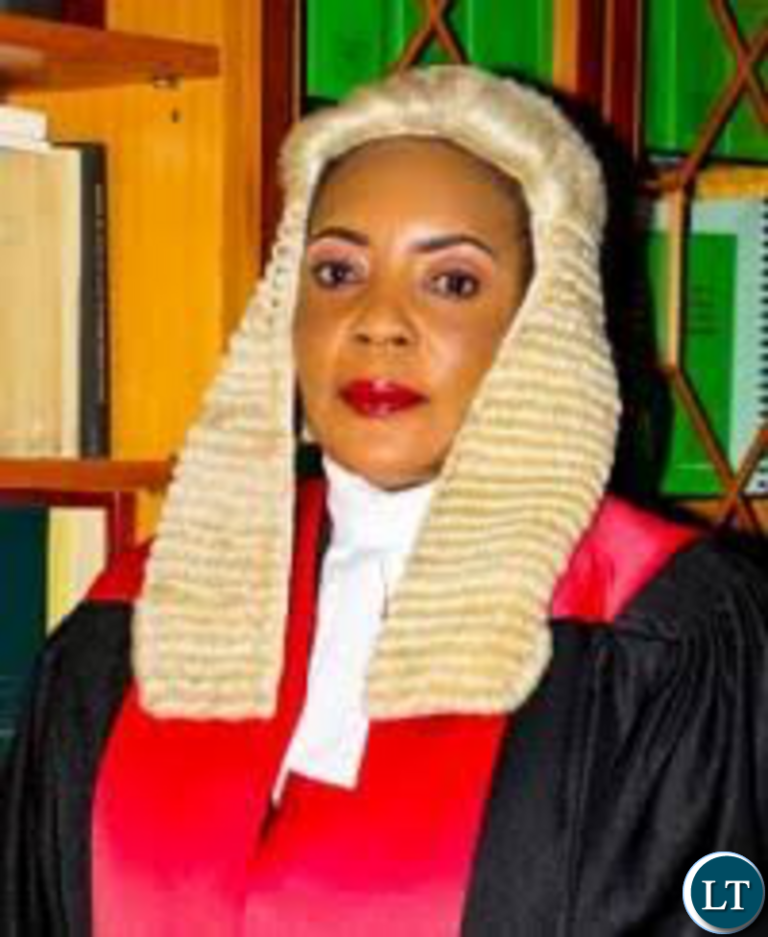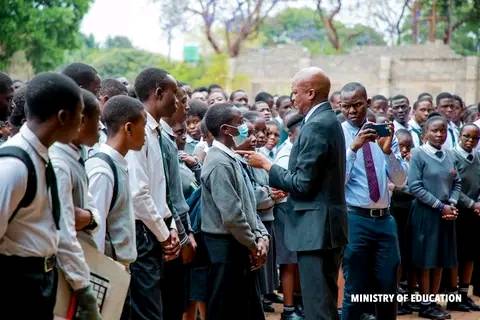In a press briefing held in Lusaka, Chief Government Spokesperson Cornelius Mweetwa reaffirmed that former President Edgar Lungu’s legal immunity remains intact, and the government has no intention of revoking it. Mr. Mweetwa clarified, however, that Mr. Lungu’s immunity does not extend to his family members, and he emphasized that law enforcement agencies are not prohibited from investigating them.
Speaking on behalf of the Zambian government, Mr. Mweetwa, who also serves as the Information and Media Minister, underscored President Hakainde Hichilema’s commitment to ushering in a new era of politics centered on peace and reconciliation.
Mr. Mweetwa expressed concern over what the government views as a deliberate campaign by the opposition Patriotic Front (PF) to misinform the nation and the international community regarding Mr. Lungu’s legal status. He stated that claims of victimization are unfounded and urged for a more responsible approach to political discourse.
Addressing the recent call by the Consortium of Opposition Political Parties for a national dialogue, Mr. Mweetwa welcomed the initiative, emphasizing President Hichilema’s willingness to engage in candid discussions on matters of national importance.
However, Mr. Mweetwa raised questions about the moral credibility of Citizens First Leader Harry Kalaba and Socialist Party President Fred M’Membe for forming an alliance with a political party they previously labeled as the most violent during the lead-up to the last General Elections. He called for a consistent and principled approach to political alliances and cooperation.
Turning to other matters, Mr. Mweetwa clarified that the newly acquired Zambia Airways plane has no connection to President Hichilema’s name, dismissing allegations made by some opposition leaders. He stressed that the government welcomes constructive critique from the opposition on substantive matters and encourages them to provide credible checks and balances.
Mr.Mweetwa reaffirmed the governments committment to fostering an environment of open dialogue, transparency, and accountability while upholding the rule of law and respecting the legal rights of all citizens, including former officials.


